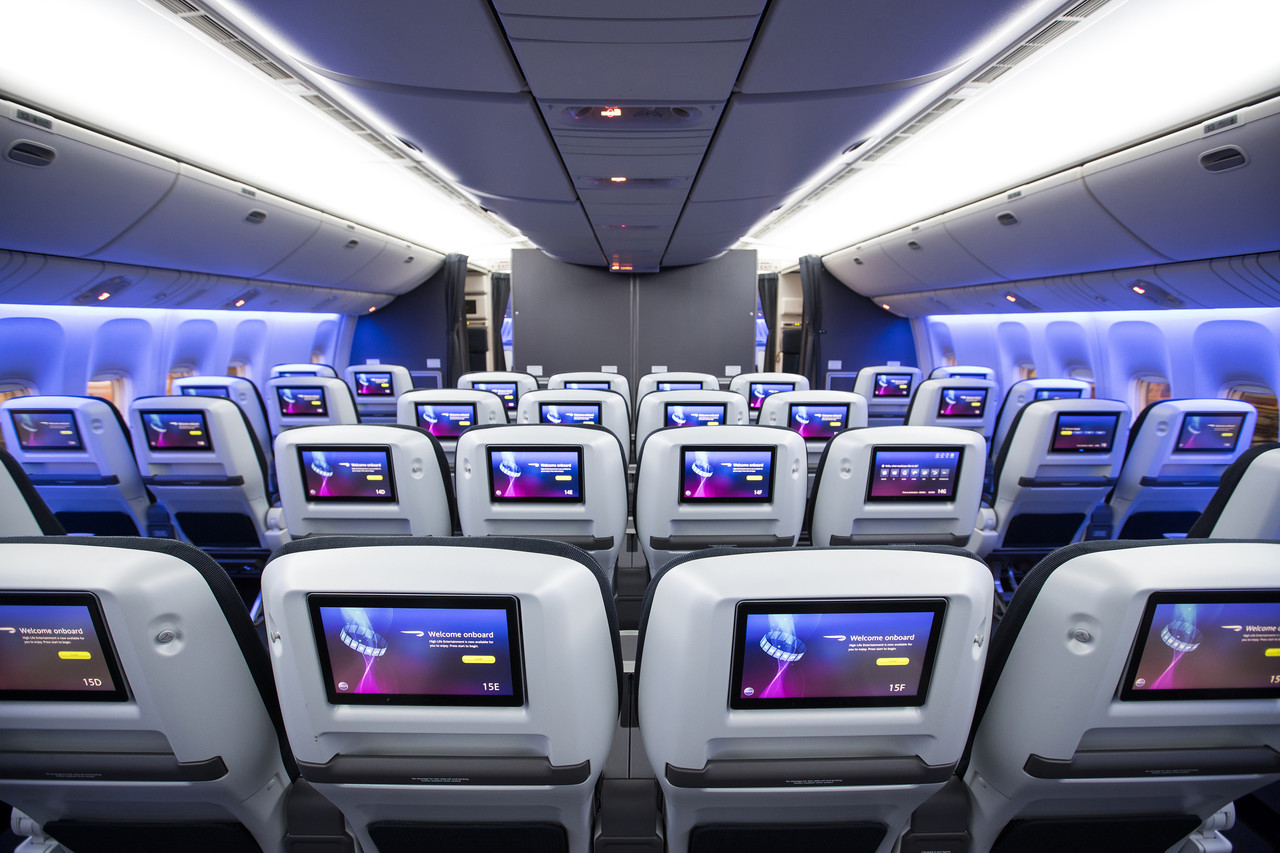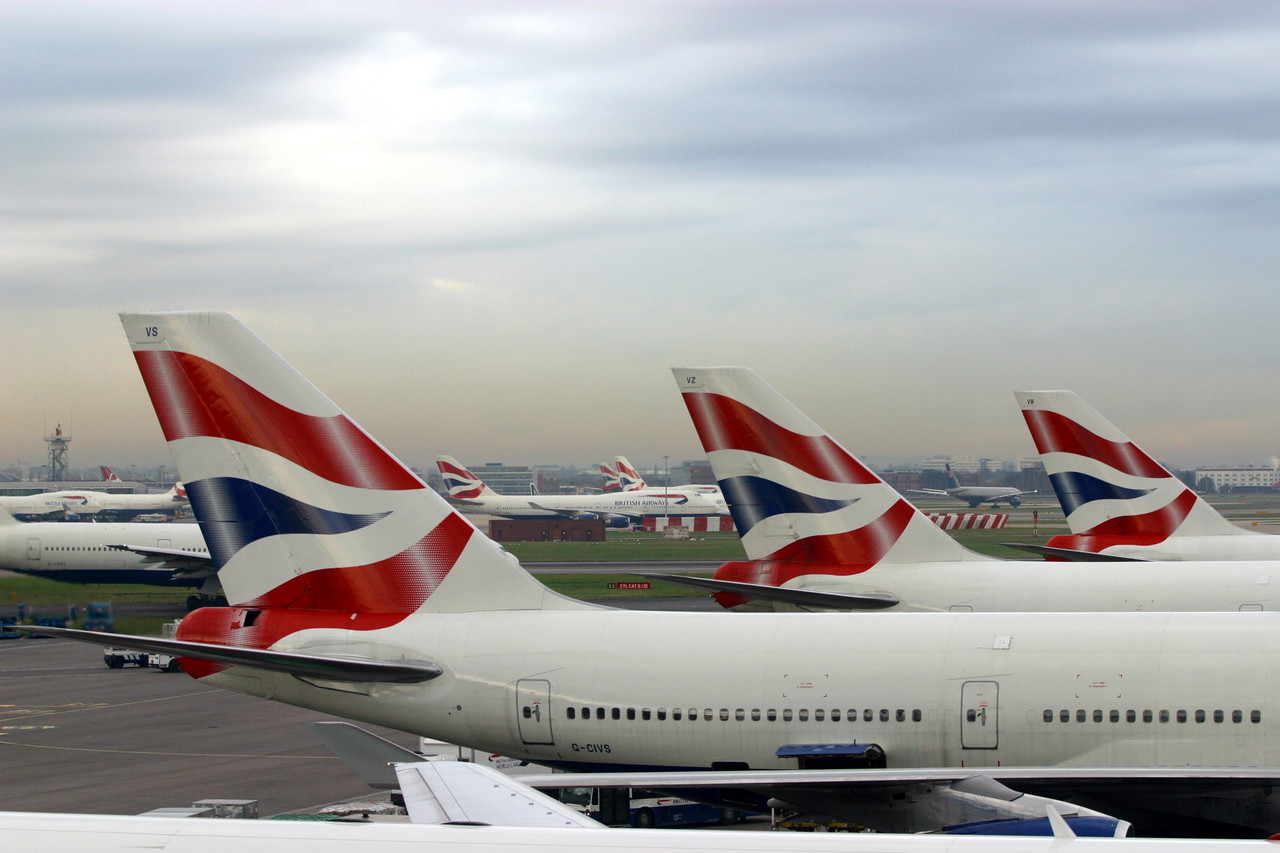
- Increasing publicity over so-called “fume events”
- Campaigners claim these fume events can cause longterm health problems
- The term ‘aerotoxic syndrome’ has been coined by campaigners
- Two major studies found no link between fume events and aerotoxic syndrome
- British Airways says safety is its first priority.
Over the last few months, there’s been increasing publicity about an issue affecting the airline industry – so-called “fume events” or what are sometimes known as “odour events” and occasionally even “toxic fume events”. It’s an issue that affects every airline and every type of aircraft – leading campaigners to call for the entire aviation industry to do more to protect passengers and crew.
While there’s no evidence to suggest British Airways has had any more fume or odour events than any other airline, the Heathrow-based carrier has certainly had to deal with plenty of media attention over the issue in the last few months. The most famous incident, at Valencia airport in August, led to the emergency evacuation of 175 passengers and 8 crew members when thick white smoke filled the cabin of an Airbus A321.

In another episode, the AV Herald – a website that tracks and monitors aviation accidents – recorded an incident in which two British Airways pilots were admitted to hospital following a flight from London to Cyprus in which fumes entered the flight deck of their Airbus A320. At one point, the First Officer even declared himself to be incapacitated.
A similar incident, in which visible smoke entered the passenger cabin, occurred on the same aircraft around a month before this event. In fact, campaigners claim there were 56 reported fume events on British Airways aircraft during a 30-day period this summer and the UK’s air accident authorities recently published a special bulletin concerning a BA Boeing 777 which suffered five separate fume events within a couple of months.
But the question remains – are these fume events something to be concerned about? And could they cause long-term health problems?
For campaigners, the answer is clear – coining the term ‘aerotoxic syndrome’ to describe the debilitating ill health effects that they claim can occur after exposure to fumes. Their biggest concern is under certain conditions highly-toxic engine oils and lubricants can become vaporised and mix with the air being pumped into the passenger cabin and flight deck.
There is, however, a major lack of evidence to back up these claims. In fact, two major studies commissioned by the European Air Safety Authority (EASA) and published in 2017 found that the cabin air quality is “similar or better” than normal indoor places like offices, homes or even schools and kinder gardens.

One of two studies even concluded that ongoing discussion about the existence of aerotoxic syndrome is “completely incomprehensible”, finding no evidence that passengers or crew can be poisoned by organophosphates like TCP in contaminated cabin air.
“Research commissioned by the European Aviation Safety Agency, in 2017 concluded that the air quality onboard aircraft was similar or better than that observed in normal indoor environments,” a spokesperson for British Airways reiterated in a statement.
Addressing the fume events that occurred on one of its Boeing 777’s, the spokesperson continued: “We would never operate an aircraft if we believed it posed any health or safety risk to our customers or crew… Safety is our first priority and every report is thoroughly investigated, with typically 151 engineering checks before an aircraft is cleared to continue flying.”
The spokesperson also repeated a line from the airline, stating that “fume or odour events have been found to be caused by a wide range of issues, including burnt food in the oven, aerosols and e-cigarettes, strongly-smelling food in cabin bags, and de-icing fluid.”
While there’s no evidence to currently suggest that fume events can cause longterm ill health effects, some airlines have considered fitting special air filters that would drastically reduce such occurrences. At this time, none of these products has yet been certified by either EASA or the U.S. Federal Aviation Administration.
Several unions and workers rights groups, however, disagree with these findings with one of the most vocal being the same union that represents cabin crew at British Airways. Howard Beckett, the assistant general secretary for legal affairs at the Unite union recently called for a public inquiry into the issue, demanding the airline industry “take responsibility and clean up the cabin air on jet planes.”
The same union is currently supporting 51 high court cases against five UK airlines after “independent expert evidence concluded that the air in most commercial airline cabins can cause irreversible neurological damage and chronic illness among susceptible individuals.”
Mateusz Maszczynski honed his skills as an international flight attendant at the most prominent airline in the Middle East and has been flying ever since... most recently for a well known European airline. Matt is passionate about the aviation industry and has become an expert in passenger experience and human-centric stories. Always keeping an ear close to the ground, Matt's industry insights, analysis and news coverage is frequently relied upon by some of the biggest names in journalism.







